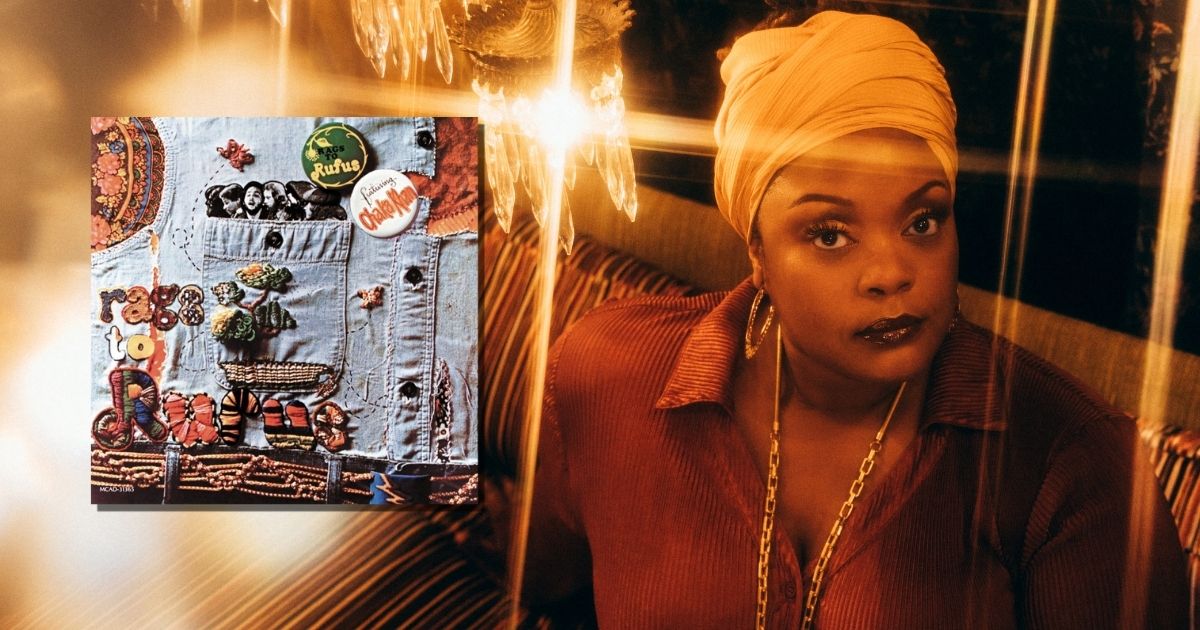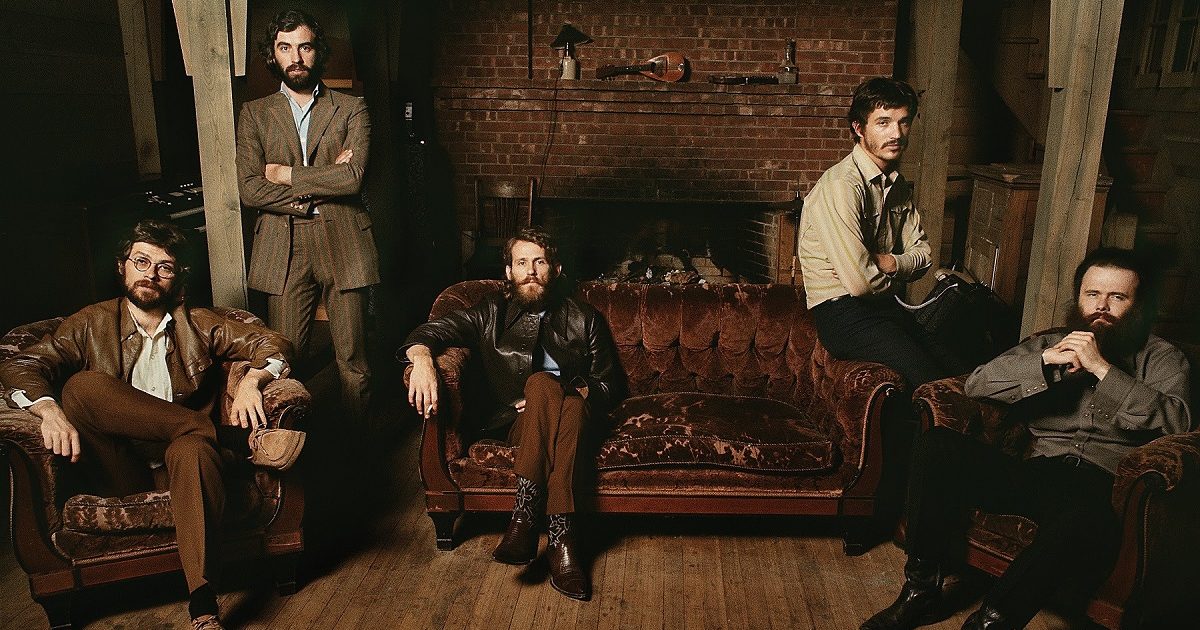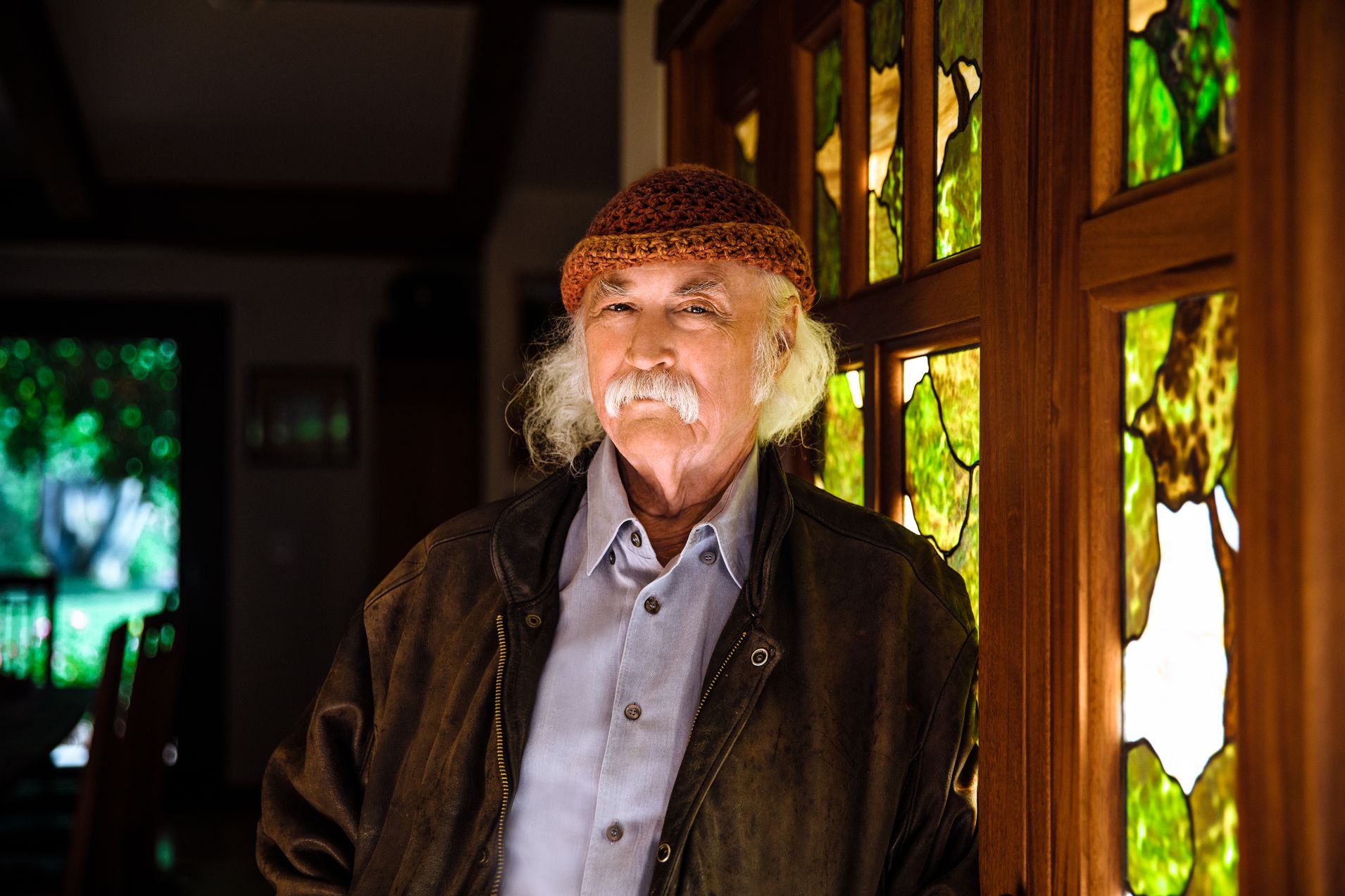(Editor’s Note: 50 years ago this month, Rufus released what would become a seminal album in American roots music, soul, and funk, Rags To Rufus, which featured Chaka Khan. To mark the 50th anniversary of this iconic recording, singer-songwriter Kyshona ponders the personal meanings of the project and how it relates to her own brand new album, Legacy.)
My mother is battling dementia, so car rides with her are the perfect time to play music from her younger years, when she was carefree, childless, and she and my Dad hosted an abundance of house parties for their friends and family. I have a playlist of songs from the late ‘60s and ‘70s I’ll put on when we’re shuttling her between doctors’ appointments.
On one of these car rides, I turned on Rags To Rufus. My mom was in the passenger seat, playing “brain games” on her phone to, in her words, “Exercise her mind and hold on to what she’s got.” I noticed she was singing, under her breath, the melodies and choruses of the first three tracks on the album. She turned to me and said, “I’ve never heard this before, who is this? I like it!” This got me thinking beyond personal family legacy and more about musical legacy.
This year marks the 50th anniversary of Rags To Rufus, the album that transformed the trajectory of funk band Rufus and propelled Chaka Khan into the spotlight. Chaka Khan’s music is a soundtrack that has woven itself into the fabric of not only my work as an artist, but also into my personal life.
There is an expectation to conform, to try to categorize and compartmentalize music; I can’t imagine enduring the pressure from the industry, and even society as a whole, as it was nearly a half a century ago, artists and bands trying to squeeze themselves into arbitrary molds. To my ears, Rags To Rufus is the sound of a group of friends hanging out and having a good time – there is a sense of celebration, camaraderie, a sonic journey of Black joy. It feels like an album made for the thrill of being creative, for the sake of unbridled artistic freedom. I have always wanted my music to feel like this, telling stories, playing around with sounds and ideas. When I’m creating, that’s my goal. I write in the style that serves the story that I’m telling, without regard to genre constraints or others’ expectations.
The record begins with empowered swagger and affirmation – “You Got The Love,” which I interpret as, “You belong here.” The sentiment is carried through in “Walkin’ In The Sun,” a song that brings a comforting sense of nostalgia. I can hear my “aunties” in the hook: “Even a blind man can tell when he’s walking in the sun.”
The title track is a funked-out jam session, and then the band brings out old-time fervor in “Swing Down Chariot.”
Think about it – Rufus takes an old gospel song, adds Chaka Khan’s powerhouse vocals, blends it with blues, jazz, funk, soul, and takes it to an entirely new dimension! Forget genre, industry rules, or album cycles. Back in the day, it was just music that made you feel good, it was about that vibe.
As a music therapist, I recognize the profound impact music has on those grappling with conditions like Alzheimer’s and dementia – it encourages lucidity and presence of self. As a daughter, I see how music bonds me to my mother.
In the past, when I’ve done music therapy in nursing home settings, I’ve used songs from the early 20th century – like “Let Me Call You Sweetheart,” “Heart And Soul,” and “Sentimental Journey.” But now, the memory care songs I reach for are songs I grew up listening to in our house, at family reunions, on road trips. How fantastic is it that Chaka Khan’s work throughout her 50-year career can provide a generation-spanning conduit for a mother and a daughter to connect? We can experience that freedom in her sound as we listen together, regardless of the chaos happening around us.
I can’t begin to put into words how much I admire Chaka Khan; with my new album, Legacy, I tell the stories of my ancestors and my family. Chaka Khan’s legacy is intertwined with generations of music-makers.
Over the last 50 years, Khan has been a major influence on pop artists like Whitney Houston, R&B artists like Erykah Badu and Mary J. Blige, and on myself – and so many of my peers in the roots and folk scenes. I learned of her musical magic as a child, listening to my parents’ favorite radio stations, so being able to sing backing vocals for her at Newport Folk Festival a few years ago was absolutely surreal. I can’t imagine the journey she’s been on, but I hope she knows that her existence alone encourages artists like me to keep on being true to ourselves and our art.
Rags To Rufus is a part of my journey. For me, it’s the sound of “blackness.” I hope that 50 years from now, someone will listen to the music of myself and my peers and hear that same resonance of joy, love, and celebration of culture.
We all dream to leave a lasting musical legacy as deep and profound as Chaka Khan and Rufus.
Photo Credit: Anna Haas



